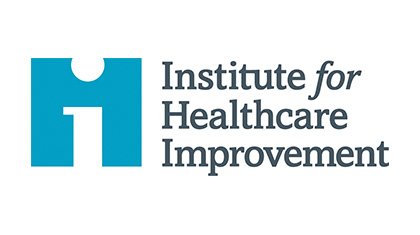
Date: November 1, 2012
Featuring:
- Tom Delbanco, MD, Richard and Florence Koplow–James Tullis Professor of General Medicine and Primary Care, Harvard Medical School
- Robert D. Harrington, MD, Professor of Medicine, University of Washington; Medical Director, Harborview Medical Center HIV clinic; Associate Section Chief of Infectious Diseases, Harborview Medical Center
- Richard Martin, MD, FAAFP, Department Director of Community Practice Service Lines (CPSL), Scranton and Monroe Counties; Director of Care Continuum, Geisinger Health System
- Michael Meltsner, AB, JD, Matthews Distinguished University Professor of Law, Northeastern University School of Law, Boston, MA
Some changes in medicine are easier to contemplate than others. For a long time the notion that patients should be able to view what doctors write about them, following a visit, was unthinkable. It was a kind of “patient don’t ask, doctor don’t tell” policy. However, the growth of electronic health records, increased pressure for transparency, and the need to improve communication and understanding between patients and providers in every way possible are all tugging at information once considered off limits.
Despite the fear that “physician notes” have a tendency to be brief, even glib, and might unintentionally insult or alarm the reader, some health systems, like Dartmouth Hitchcock, have been successfully offering patients easier access to these notes, along with the entire electronic health record, for several years.
If you missed it, you can listen to the broadcast here.



